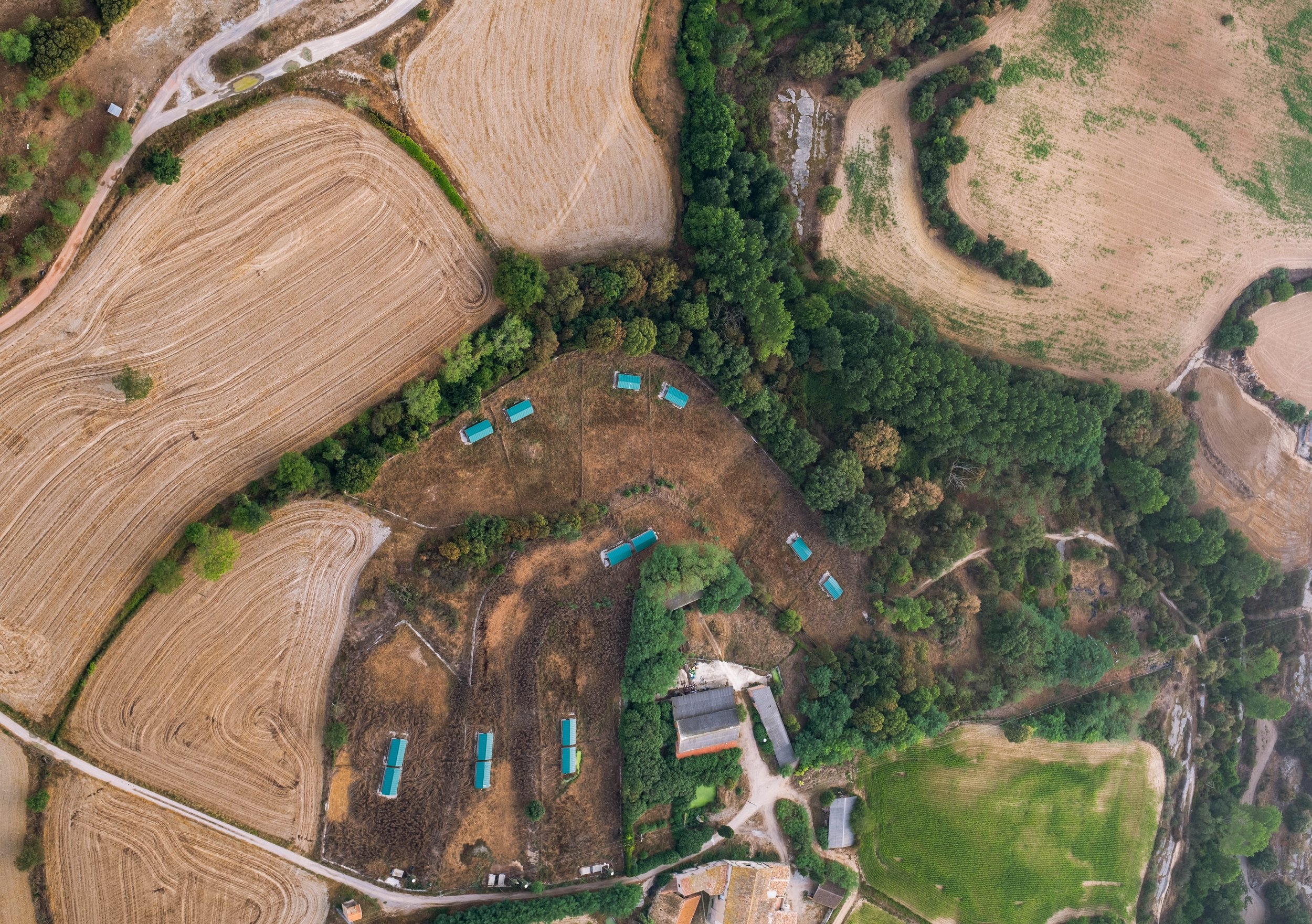Greener, Healthier, and More Resilient Urban Futures
The signing of a partnership agreement between the International Federation of Landscape Architects (IFLA) and the International Association of Horticultural Producers (AIPH) in support of the AIPH World Green City Awards formalises a shared, inspiring global ambition to embrace the power of plants.
This commitment to long-term collaboration between AIPH and IFLA unites the global horticulture and landscape architecture industries and professions under the common goal of nurturing a global movement where plants and ecological systems are central to achieving transformative change to secure a more sustainable future for nature, for people, for cities, and ultimately for the planet.
Photo Credti: Madalin, Unsplash.
“As the world’s champion for the power of plants, it is timely that AIPH formalises our collaboration with the global landscape architecture community. Together with IFLA, we aspire to bring more plants to more people with the aim of building greener city landscapes that are better fit for the future,” said Tim Briercliffe, Secretary General, AIPH.
The joint vision of AIPH and IFLA is to secure an urban future where people and nature live in harmony, and where plants and sustainable urban greening are integrated in all aspects of city form and function. Protecting, creating, and restoring green and blue spaces, particularly in the urban context, is critical to the realisation of a greener, healthier, and more resilient planet.
AIPH proudly welcomes IFLA to the network of partners for the AIPH World Green City Awards, which celebrate innovation, achievement, and commitment to embracing nature-based thinking that harnesses the power of plants and ecosystem services in cities. Through this partnership, more cities will be inspired to demonstrate the highest standards of horticulture, landscape architecture, and city greening as priority elements of urban planning and development.
Photo Credit: Steve Adams, Unsplash.
At an organisational level, both AIPH and IFLA have expressed their mutual interest in collaborating to unite, enable strengthened collaboration, and emphasise the interconnections between the horticultural and landscape architecture sectors. Both organisations are ambitious in positioning their professions as critical leaders of the global conservation, restoration, and adaptation agendas. Through the exchange of knowledge, skills, and experience, the partnership will advocate for enhanced and evidence-based planning and design of landscapes and ecological systems and the promotion of the highest standards of professional practice.
“Amidst the waves of uncertainty, the International Federation of Landscape Architects (IFLA) wholeheartedly embraces this remarkable alliance with AIPH. As stewards of our planet, landscape architects worldwide have been ceaselessly dedicated to finding design solutions that address the pressures of globalisation and urbanisation, threats to sustainability and food security, hazards derived from climate change and sea level rise, the burdens of modern living on our own health and wellbeing, and social justice. Together, through collaborative endeavours like this, we are better placed to provide valuable services to our members, which in turn can make our planet a better place for future generations. This partnership is a beacon of hope, illuminating our path toward a more sustainable and harmonious future,” said Dr. Bruno Marques, President, IFLA.
Landscape architecture is well-positioned to embrace nature-based thinking in design and implementation of projects that address the challenges that cities face, and therefore is a driving force to significantly influence the demand for plants. The horticulture industry has an essential role to play in the supply of plant stock needed to implement these solutions. By coming together, this partnership has the potential to realise a premium quality and quantity of plant supply, facilitate informed plant selection and landscape design practices and standards, and ultimately deliver greener and more resilient spaces and places on which the future of civilisation depend.
Photo Credit: Mike Erskine, Unsplash.
This article was originally published by IFLA.


